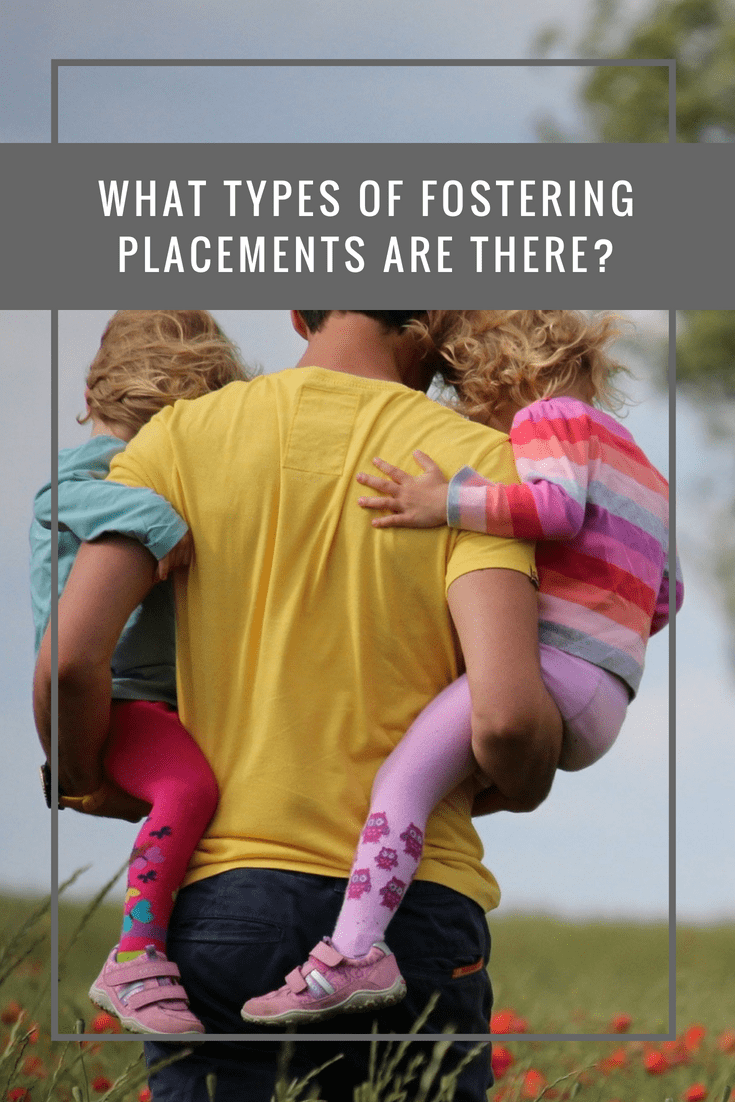Every child is different. Every foster child has a different set of needs and for this reason, fostering agencies look to foster carers to provide various types of fostering placement. During the application process, soon-to-be foster parents will decide what kind of fostering placement they think they can provide. Likewise, as carers become more experienced and trained, they may offer different types of placement. It’s also important to understand that fostering agencies don’t offer every kind of fostering placement as part of their service. If you have something specific in mind, check with the agency if they can support you in this.

What is short-term fostering?
A foster parent may look after a child or young person on a temporary basis. This could be anything from a few days to a few weeks. Short term fostering can also mean you look after a child for up to two years, while decisions are made about their future, or they are matched to adoptive parents.
What would long-term fostering look like?
As every child is different, there are times when it is considered more appropriate for a child or young person to live permanently in foster care. They may have expressed a wish not to be adopted, for example.
Could you offer respite care?
As a foster parent, you don’t foster alone – you will have the support of social workers and other foster carers, and it could come in the shape of respite care. Whilst you take a break for a weekend of a few days, your foster child will live with another foster family. Or you may decide that you can offer respite care as this is a great way of getting into fostering and understanding how it works in reality.
Fostering placements for disabled children
If you feel you could offer a home to a child with physical and/or mental illness, then disability fostering is what you could offer. As a foster parent offering this kind of placement, you will receive specialist training.

Specialist fostering placements
From time to time, there is a need for a fostering agency to seek out specialist fostering placements.
This is because the child or young person in question has a specific set of needs or is in a certain situation that requires a different level of care, interaction or engagement;
- Parent & child fostering – normally a mother and baby, a foster parent in this situation would offer increased levels of support and guidance to help the young person parent to their child.
- Remand fostering – for people with experience of working with young people within the legal system, a remand fostering placement is an attempt to prevent the young person from re-offending.
- Transitions fostering – when a young person is about to leave institutional care, they will need help and support to adapt to living on their own. This kind of placement will see a young person live with a family and learn valuable life skills, such as managing money.
- Sanctuary-seeking fostering – this involves caring for a young person who has been separated from their family as they seek asylum in the UK. Frightened and alone, they will often speak little, if any, English. Fostering agencies are actively seeking and recruiting foster parents from different cultures and backgrounds to meet this growing demand.
- Emergency fostering – for whatever reason, there are times when a child needs to placed with a foster family with only a few hours’ notice. These kinds of placements often develop into longer-term placements.
Foster parents are important people in the life of a child or young person who cannot, for one reason or another, live with their birth parents or families. Could you be the person that makes a difference to a child’s life?

Fostering People is a fostering agency currently seeking new foster families. Why not call to find out more?
































No Comments